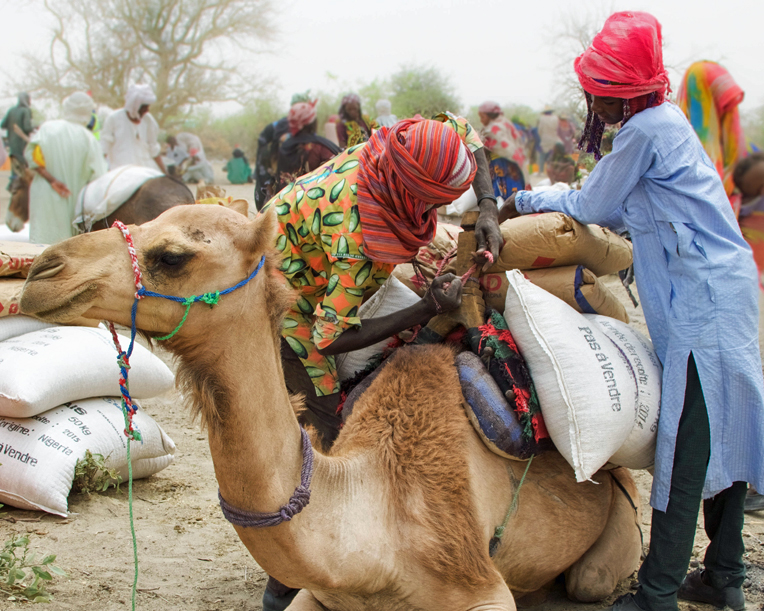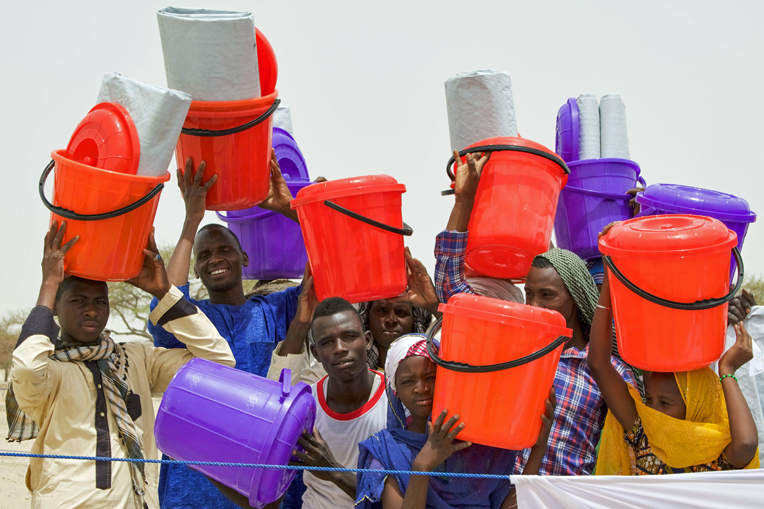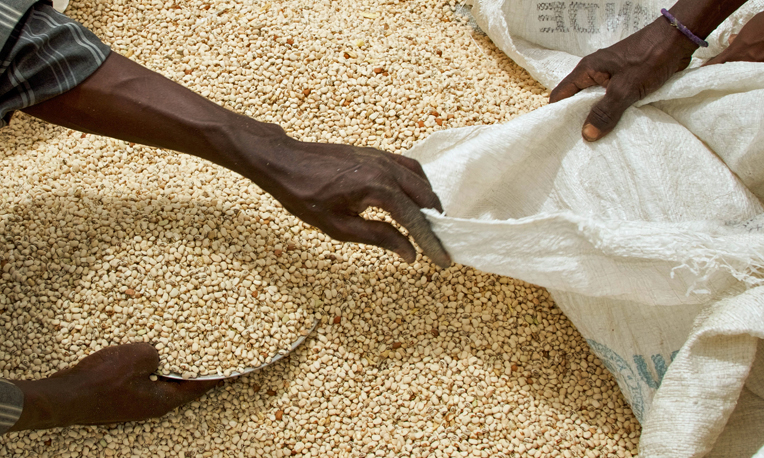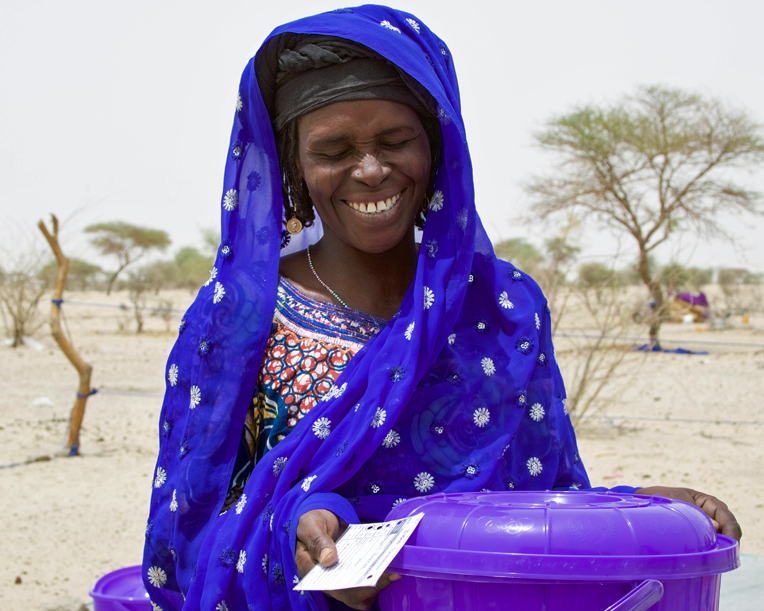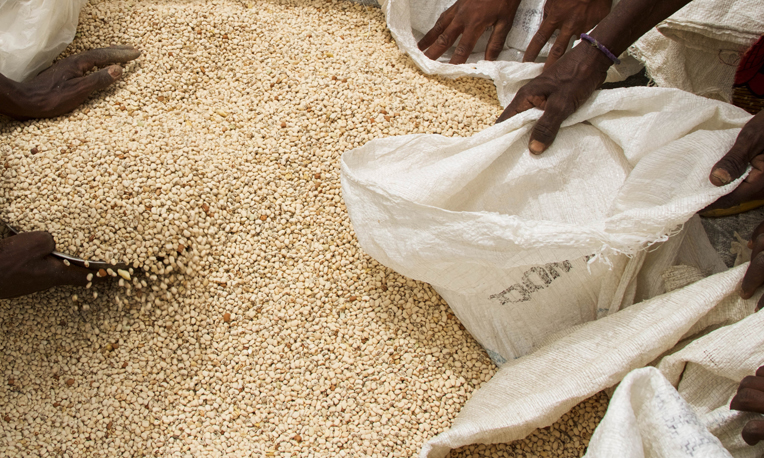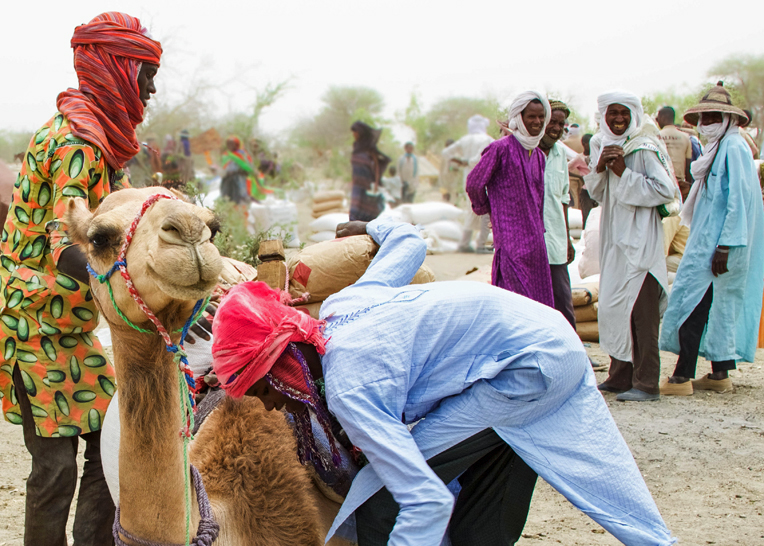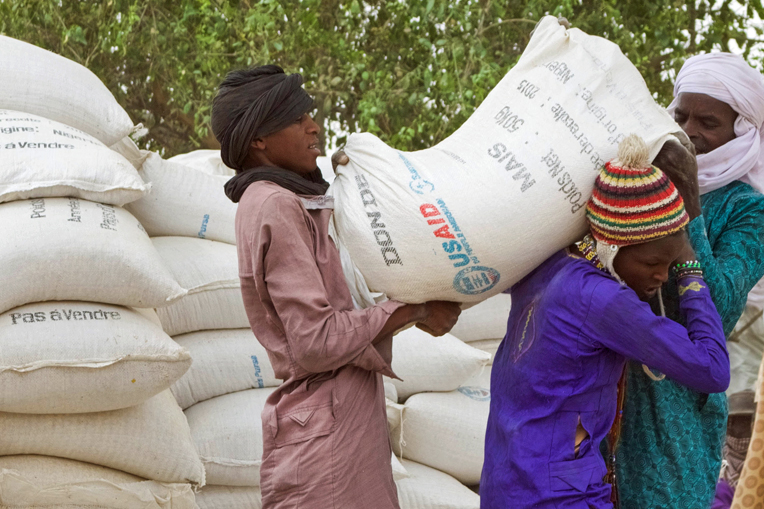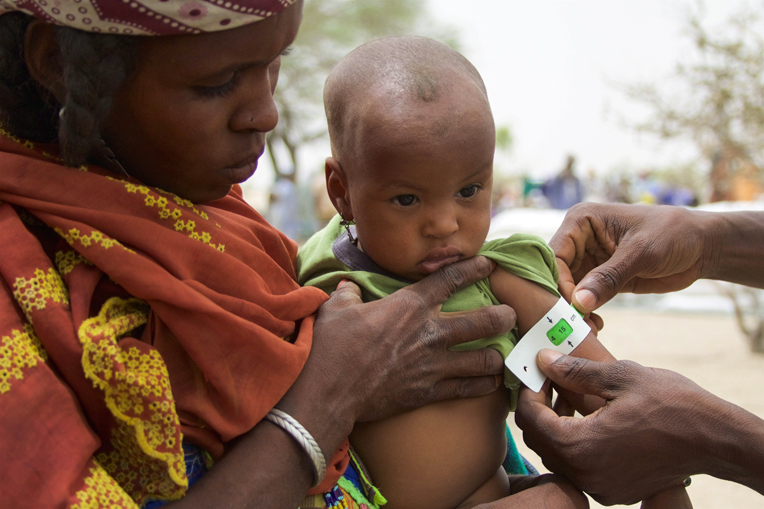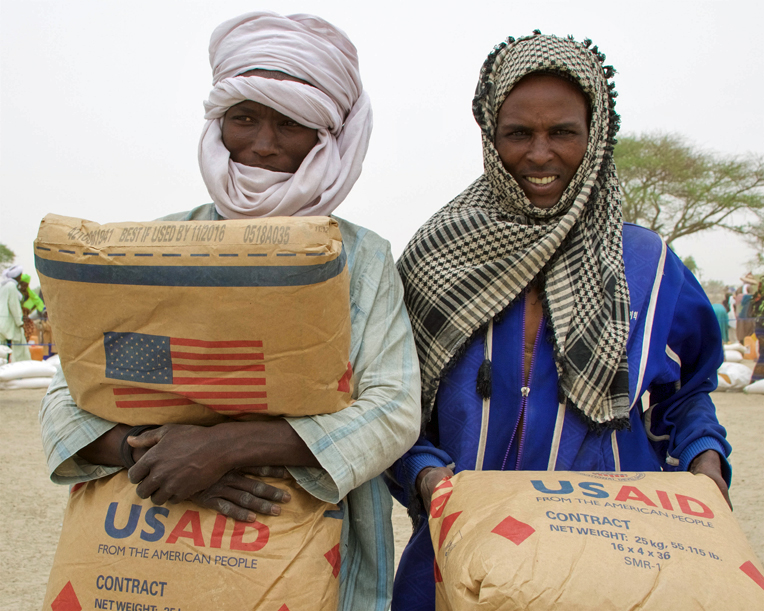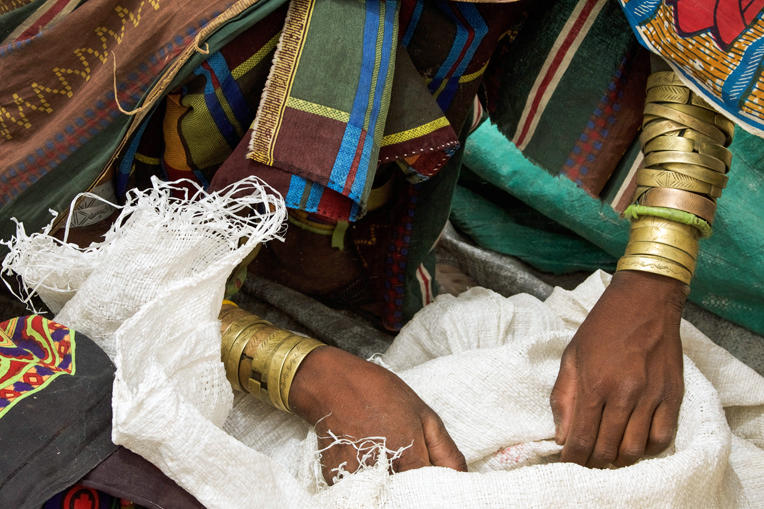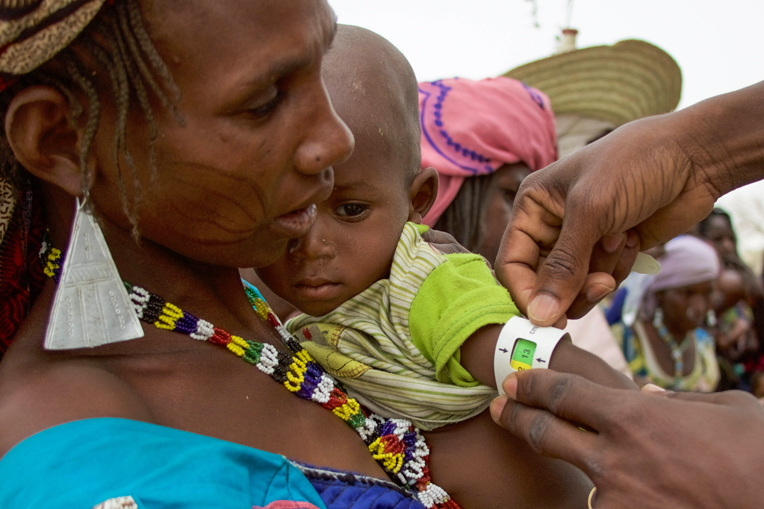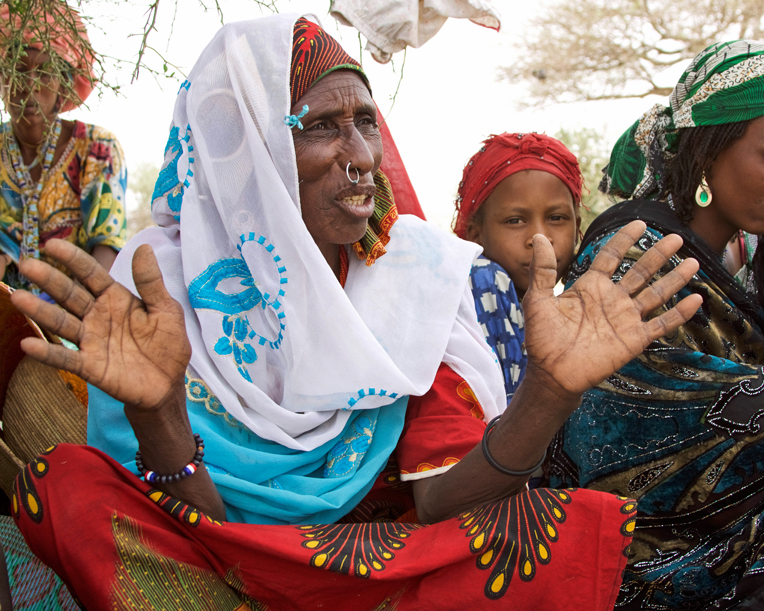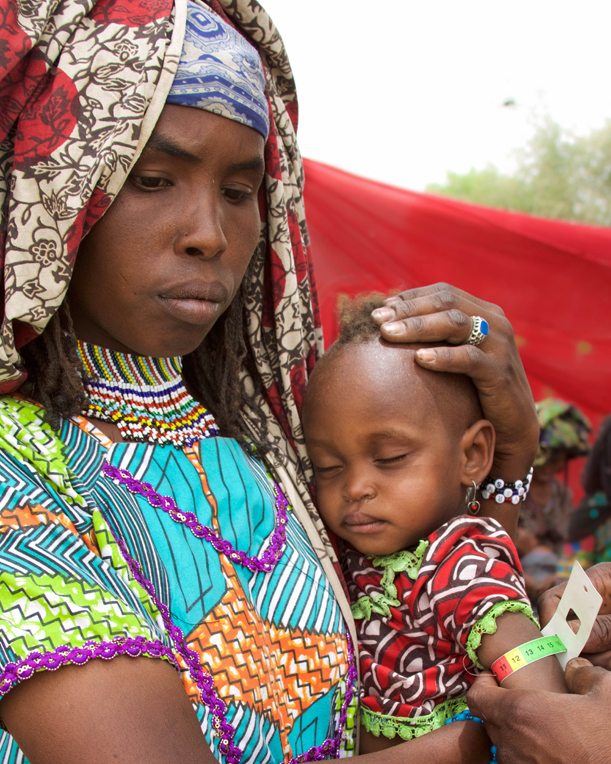A look into the lives of refugees fleeing from Boko Haram
Since their emergence in northeastern Nigeria in 2002, militants in the terrorist organization Boko Haram have set about the task of remaking West Africa into their own image. Seeking to eliminate differing ideologies, they have killed thousands of people of various backgrounds. Often overlooked are the faces of those that survive.
Throughout Nigeria, Chad, Cameroon, and Niger, millions of people have fled their homes seeking safety and freedom wherever it can be found. Many of these people have discovered the Diffa region of Niger as that place.
In many ways, this migratory journey takes the biggest toll on children. Leaving livelihoods behind at Lake Chad—the only surface water source for hundreds of miles—families are not only losing their source of income but parents are also losing the ability to pass on important skills to the next generation. Children cannot learn to fish when they grow up in a desert. They cannot learn how to herd animals when all the animals had to be left behind. They cannot farm in an area when the soil yields little if anything.
Further, there are few or no schools in refugee camps. With the cessation of conflict nowhere in sight, children are growing up frightened of the world around them. Their time is divided between sleep and hunger.
The Diffa region, while comparatively safer than the villages refugees have been fleeing, is wrought with its own challenges. During the long hot season, temperatures rise well above 100 degrees Fahrenheit. During cold season, nighttime desert temperatures are much lower. In the coming months, the rainy season will begin, bringing sporadic but heavy downpours. Often living with naught but a tarp above their heads, people suffer in this harsh environment.
Steady desertification has rendered harvests insufficient even for the local Nigerien population. Food insecurity has reached chronic levels as the population has steadily increased in size, now double what it was before. Diffa is a region struggling to feed its people. Samaritan’s Purse is actively addressing these food needs by distributing rations of corn, beans, oil, and other necessities to the displaced, the widows, and the poorest host community households.
Despite the challenges, people still have hope for a better future. With increased military action by the government and the coordinated efforts of surrounding countries, security has been improving. Refugees look to the rainy season ahead with anticipation, eagerly awaiting the chance to try and grow food again. They see the potential for grasses to grow, trees and bushes to recover, and animals to once again have forage. Humanitarian aid and government food and water initiatives give them the resources they need to persevere and the peace of knowing they have not been forgotten.
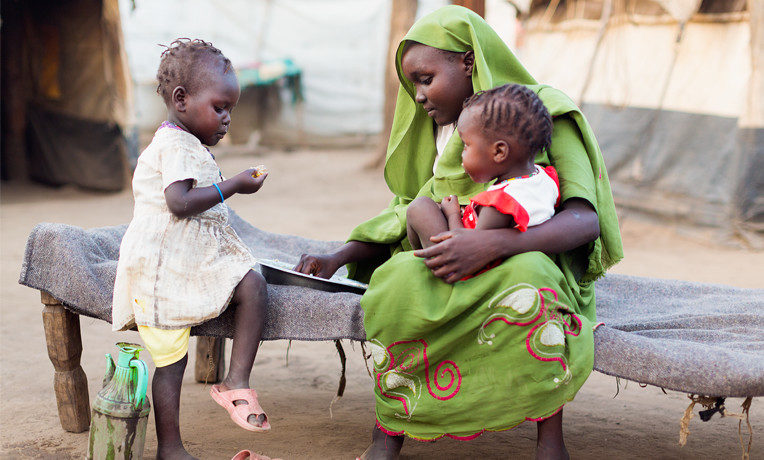

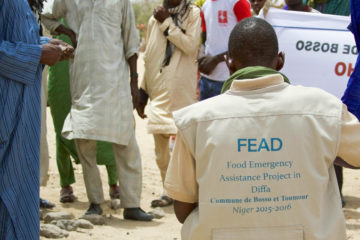
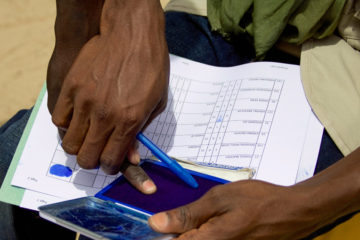
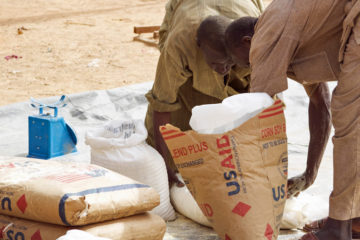
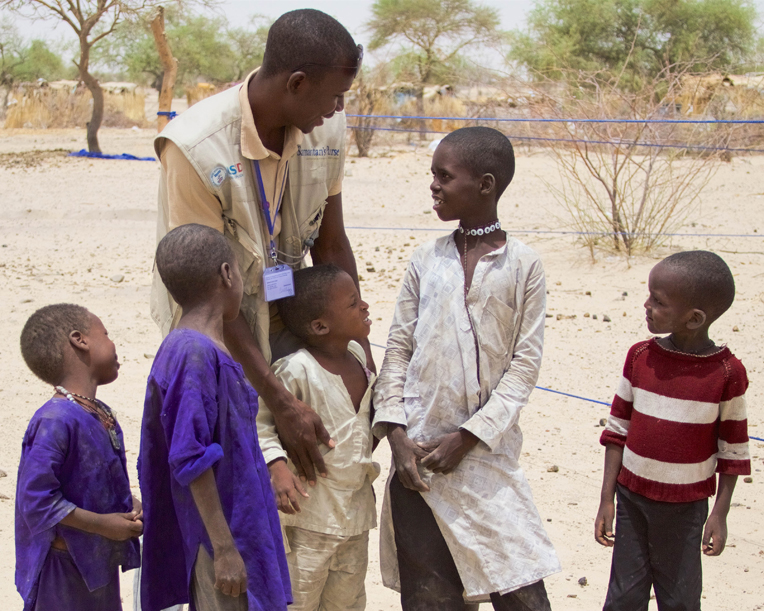
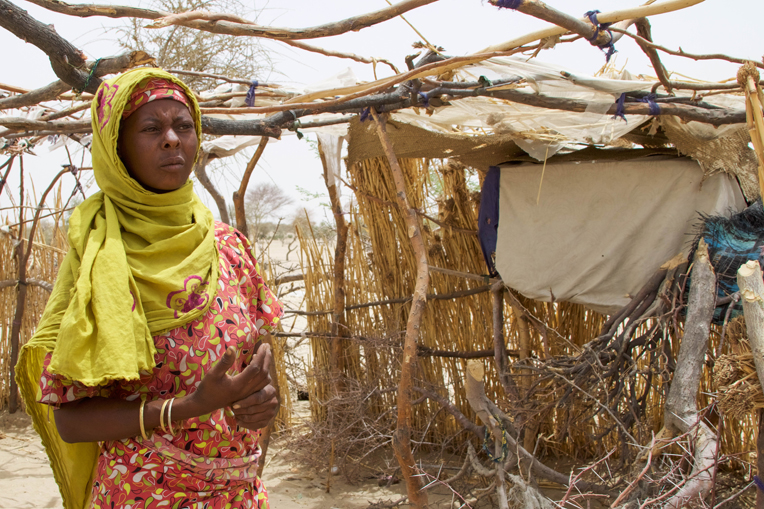
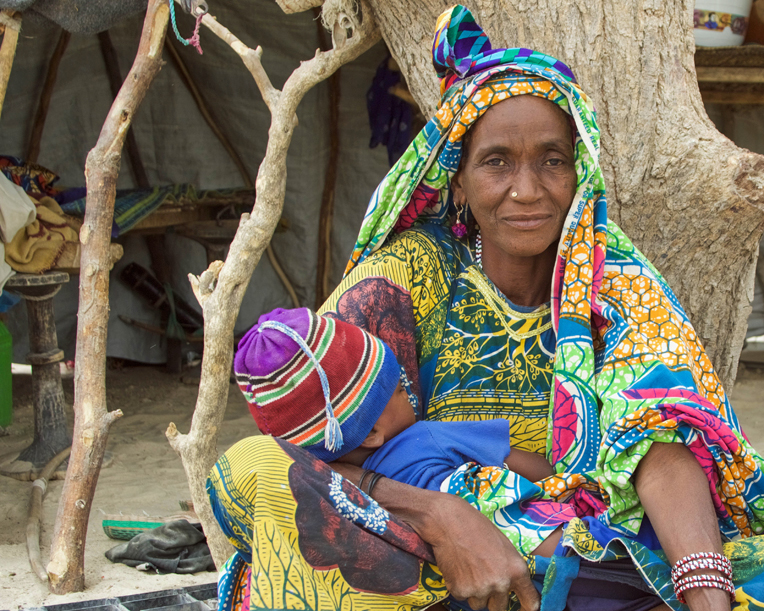
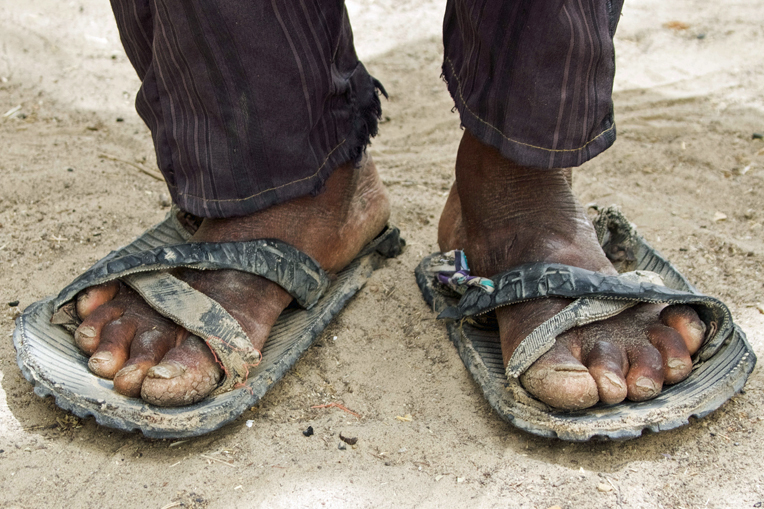
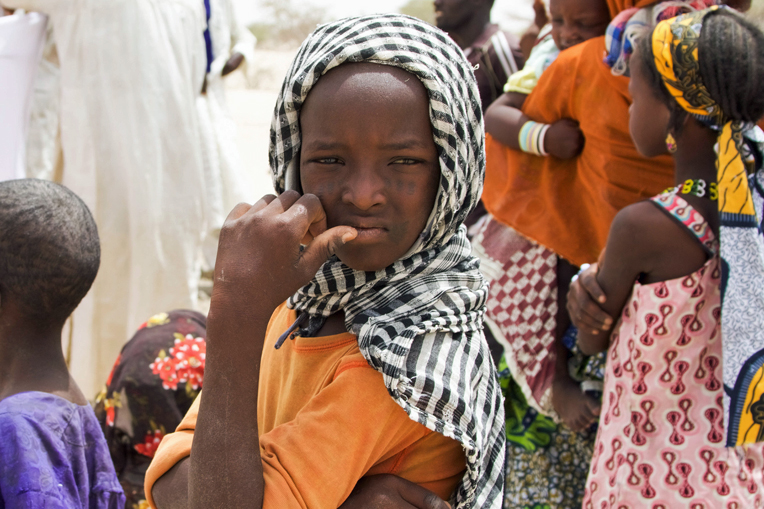
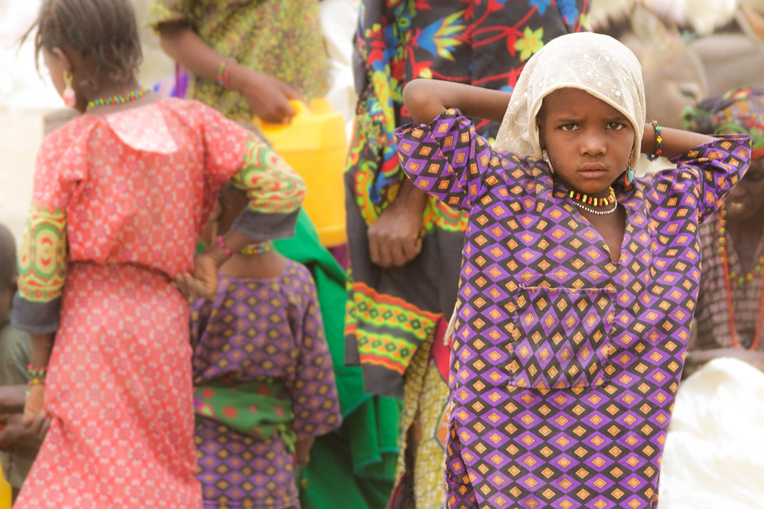
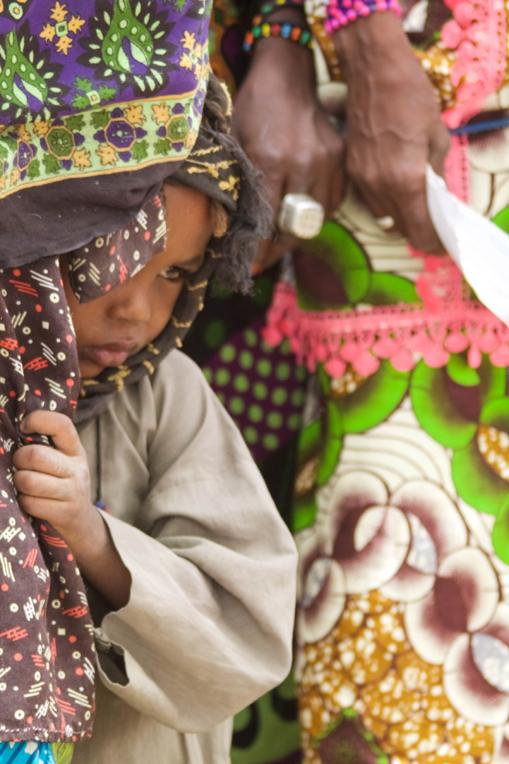
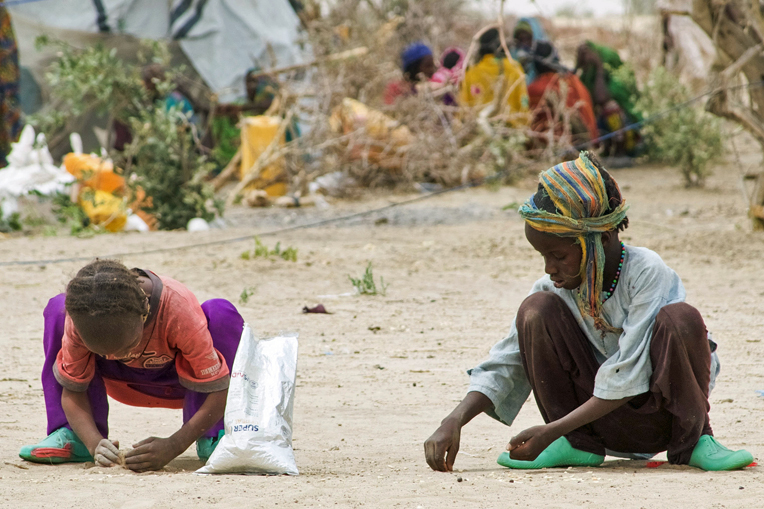
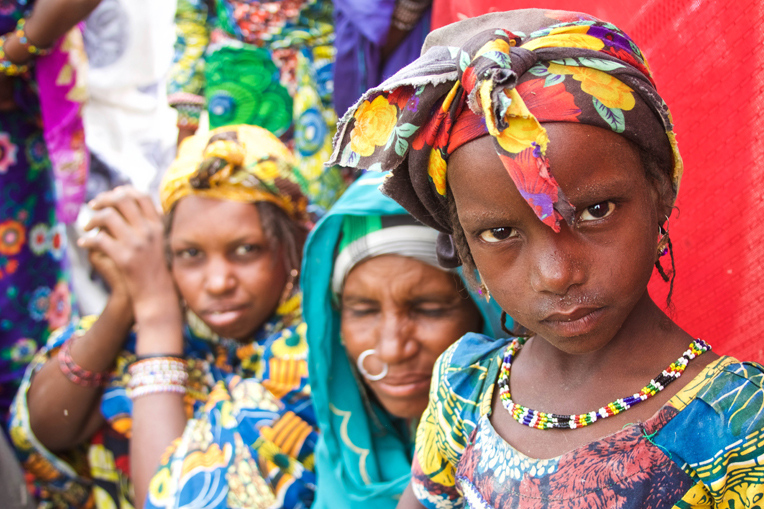
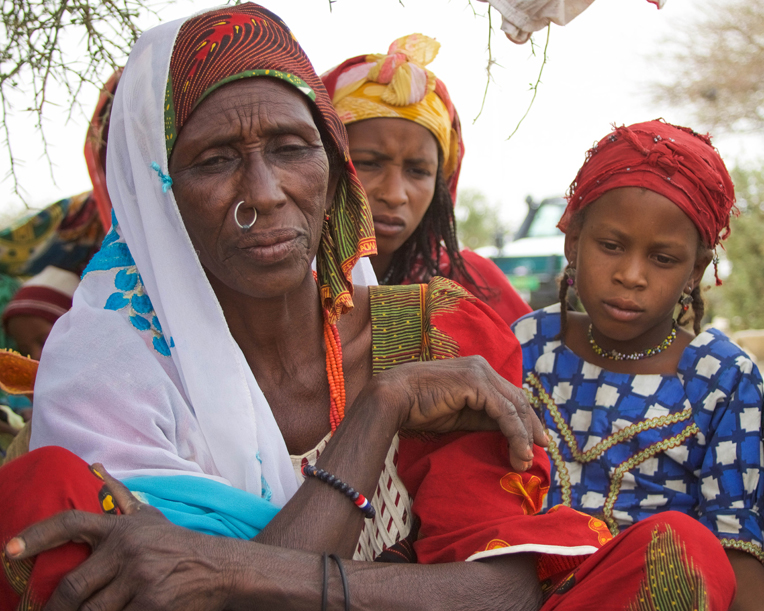
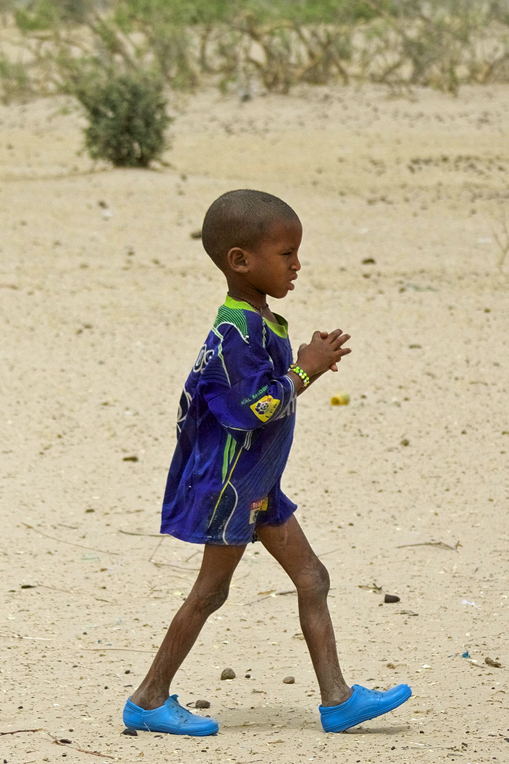
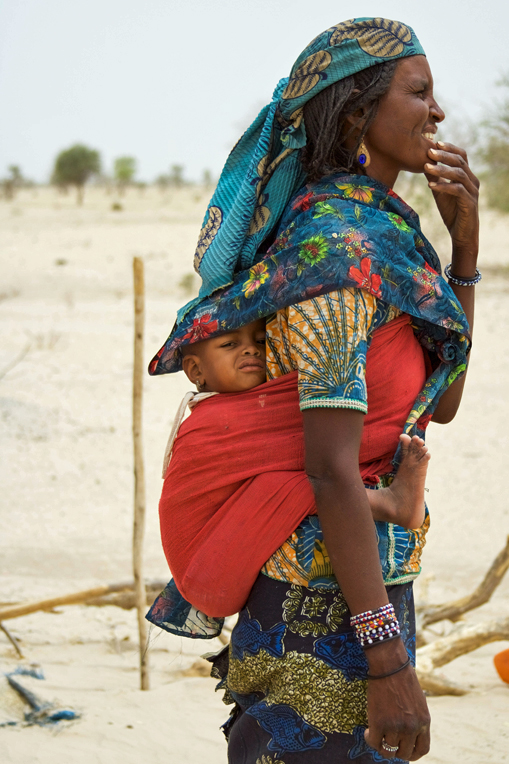
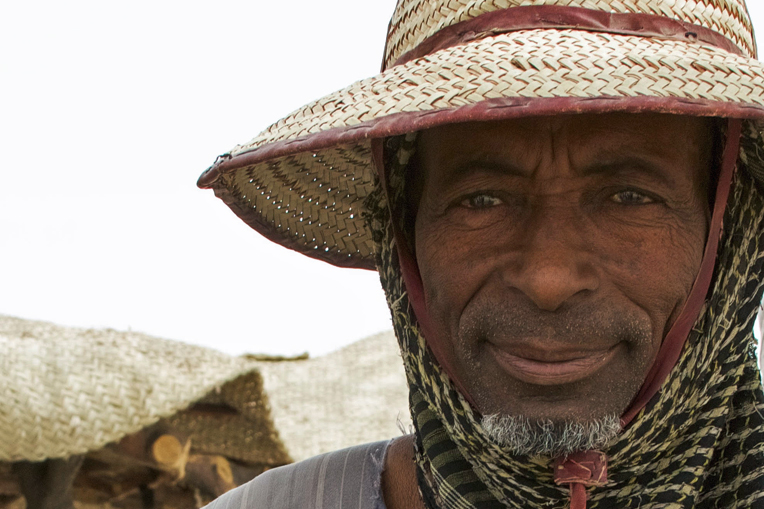
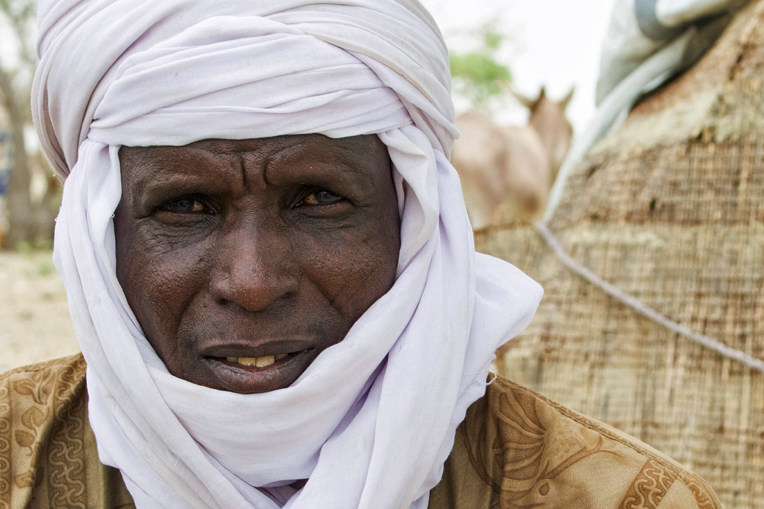
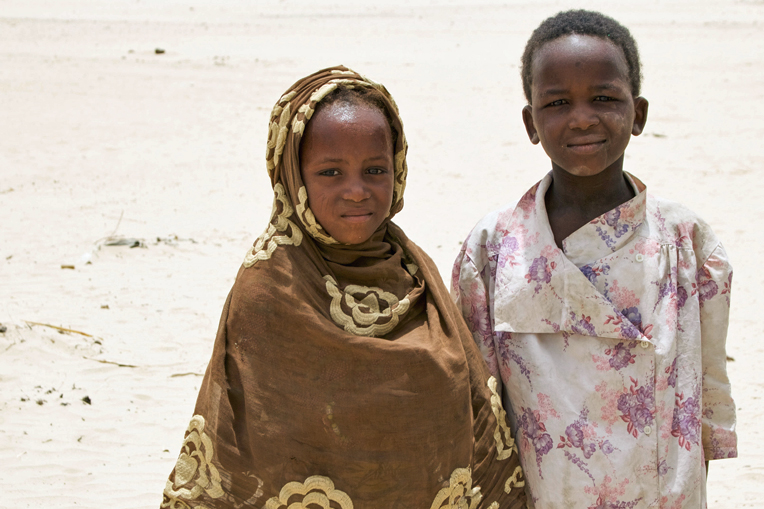
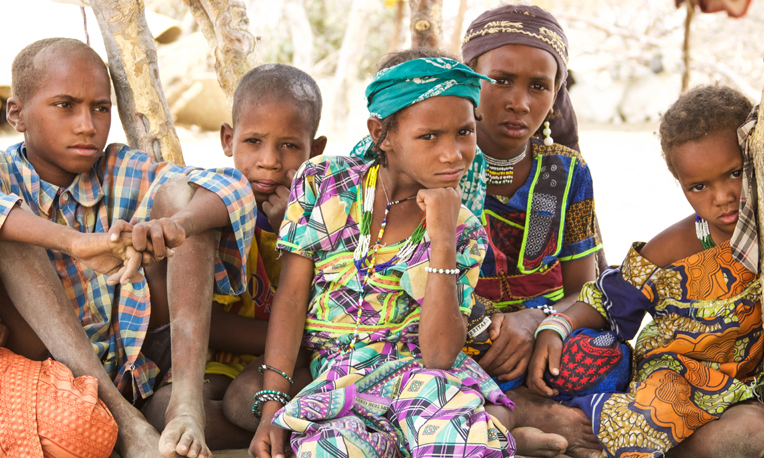
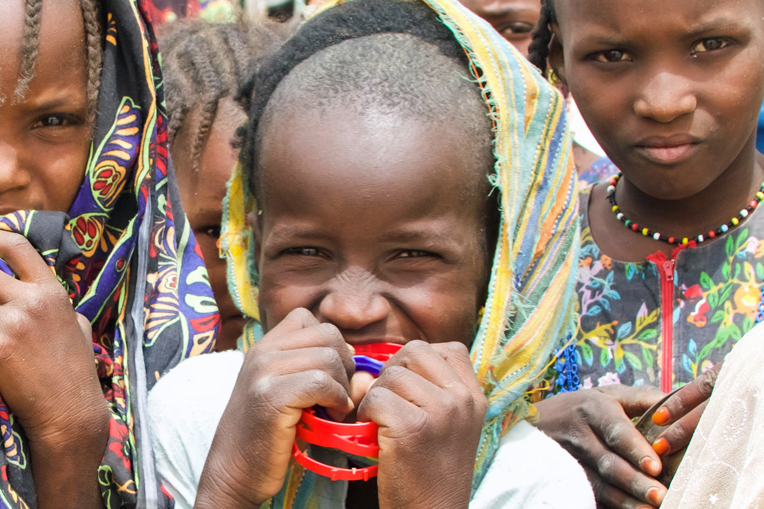
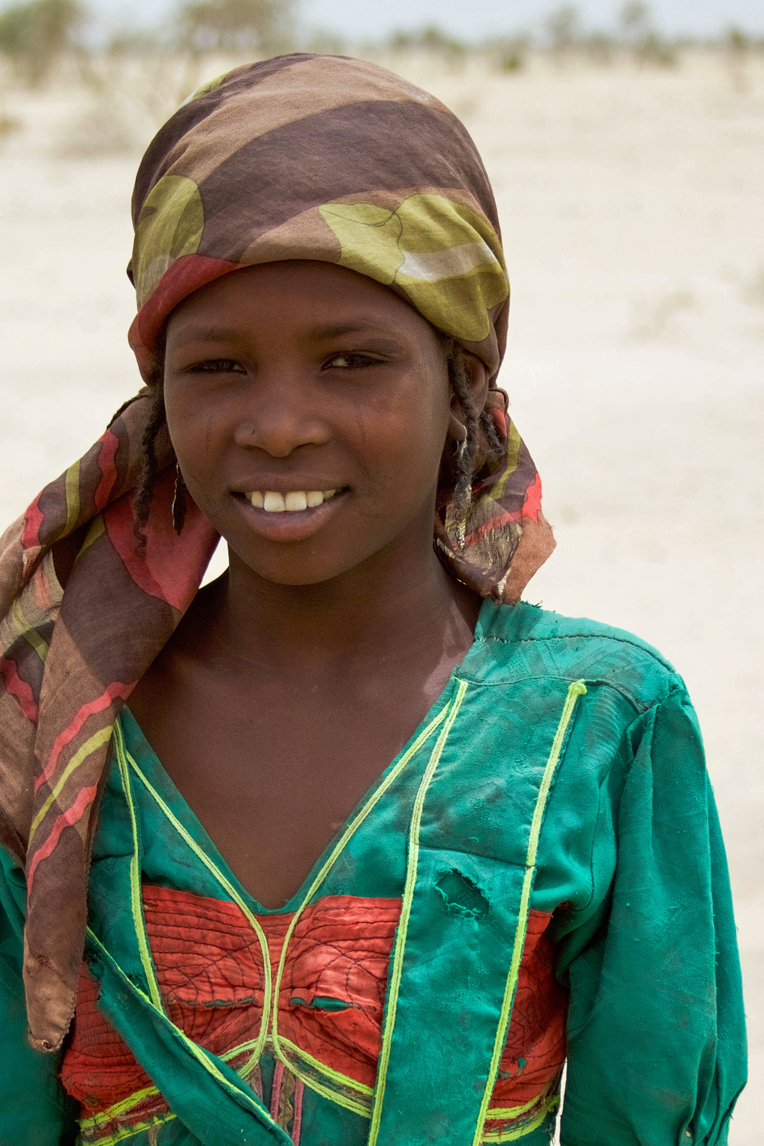
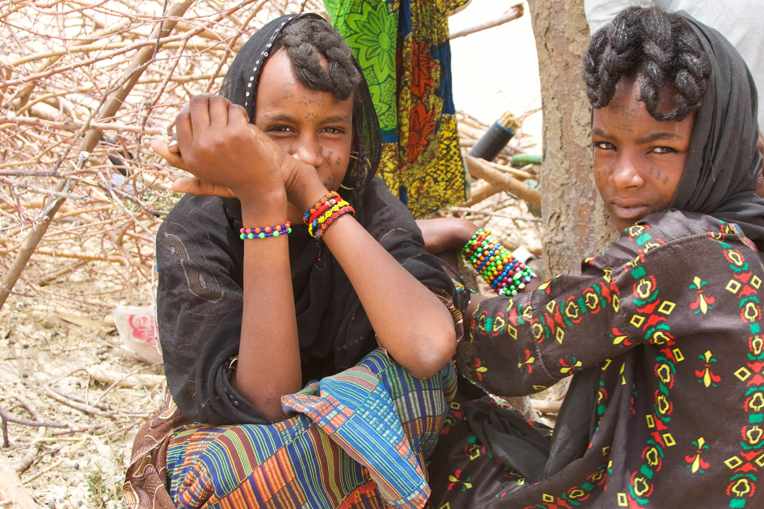
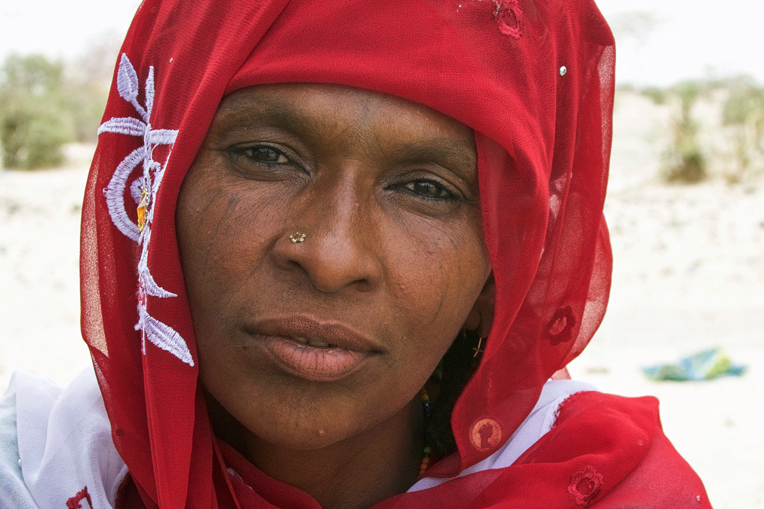
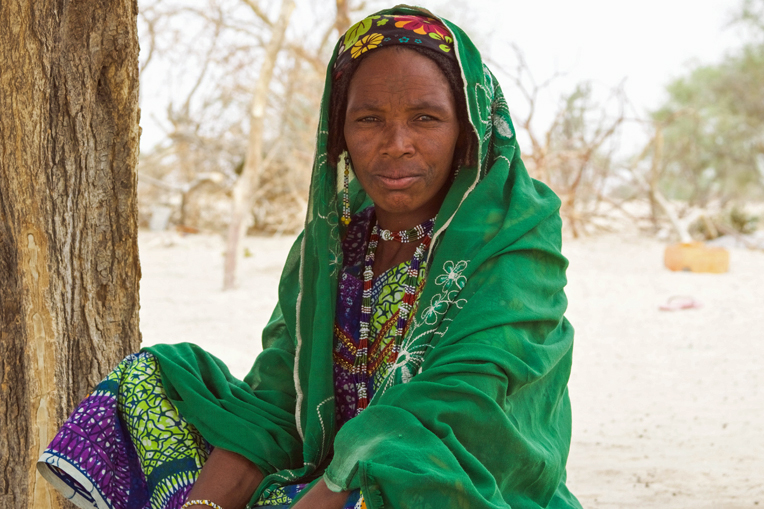
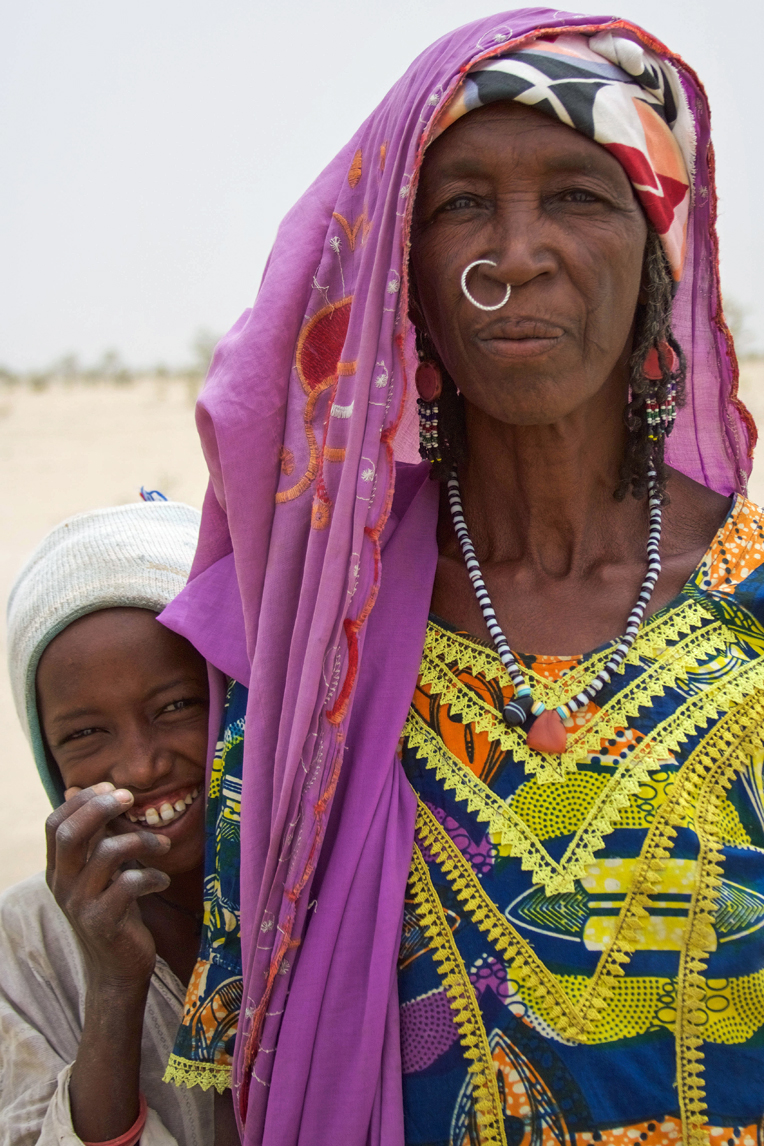
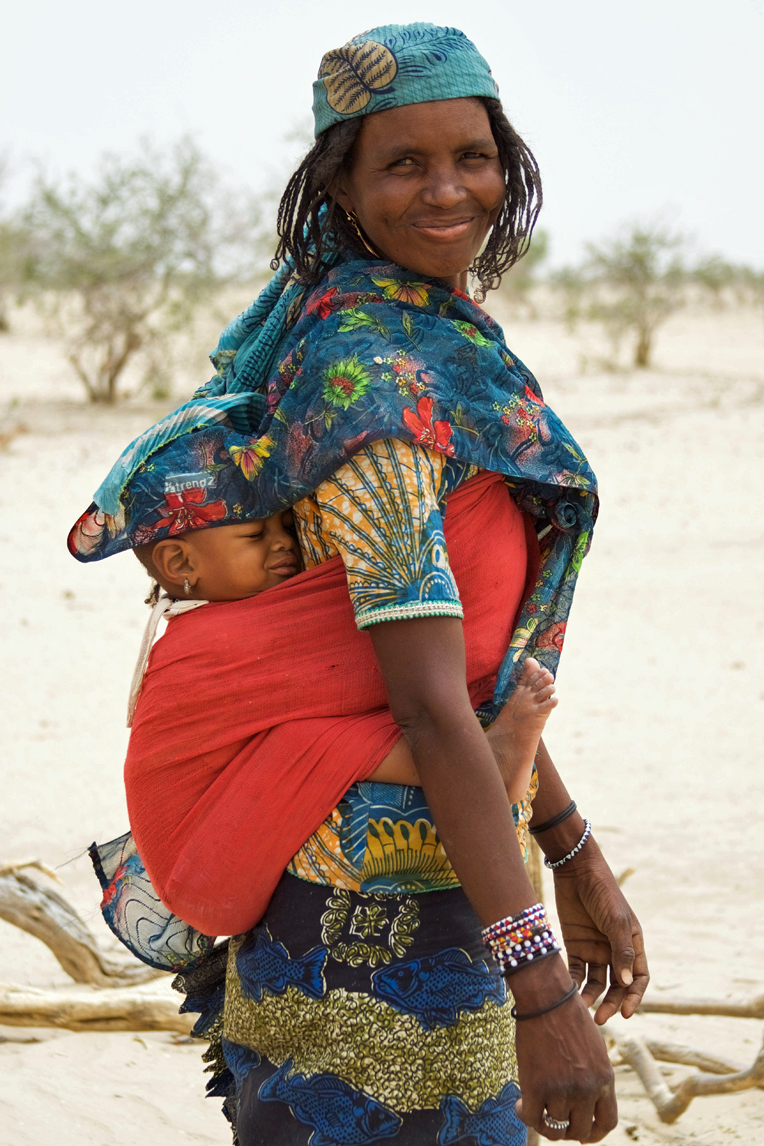
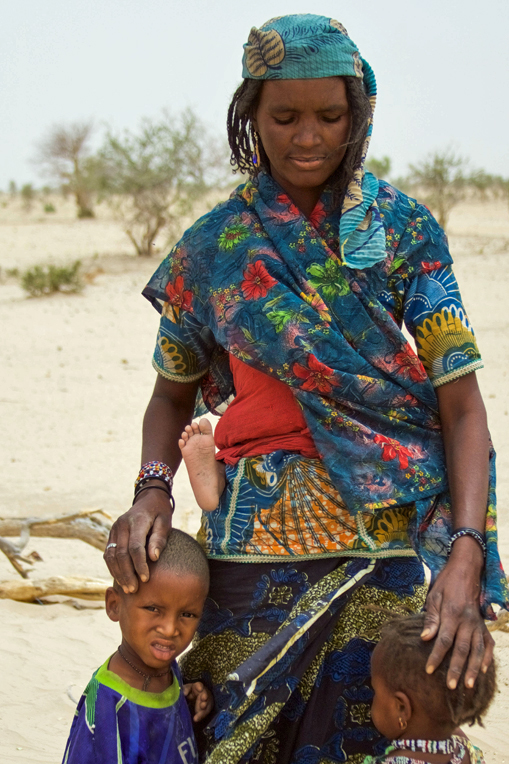
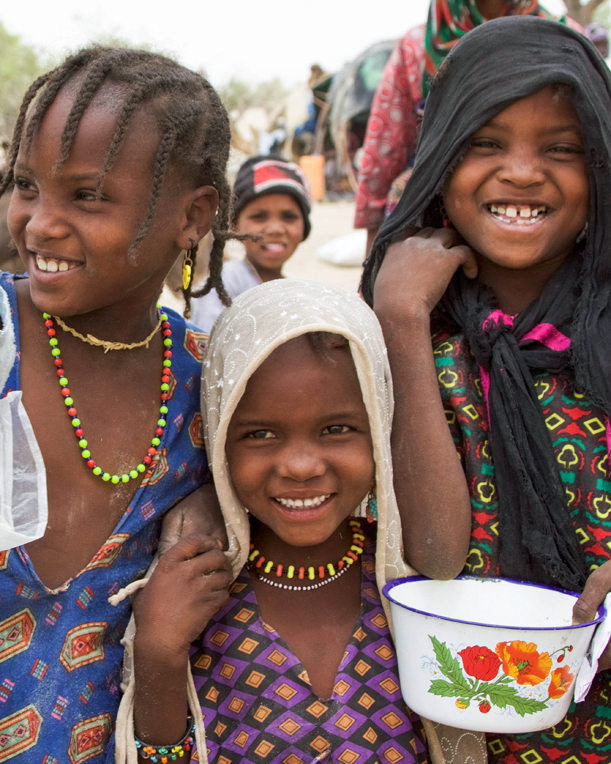
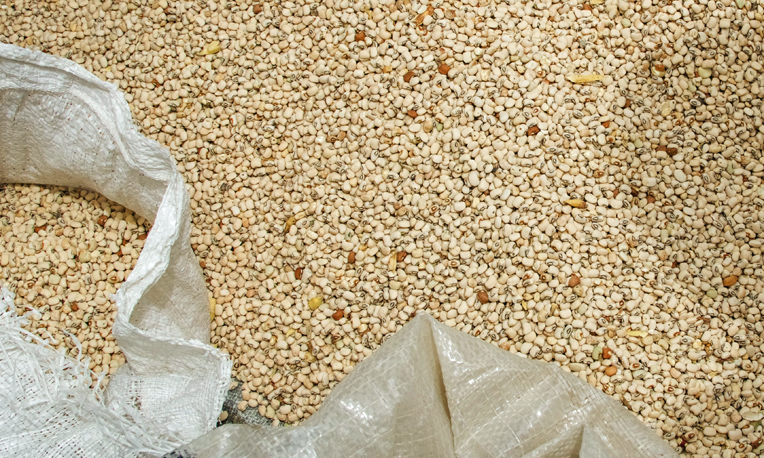
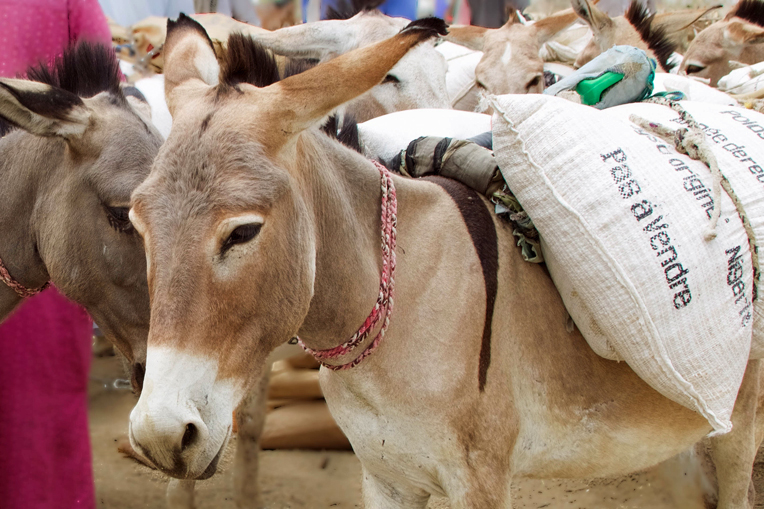
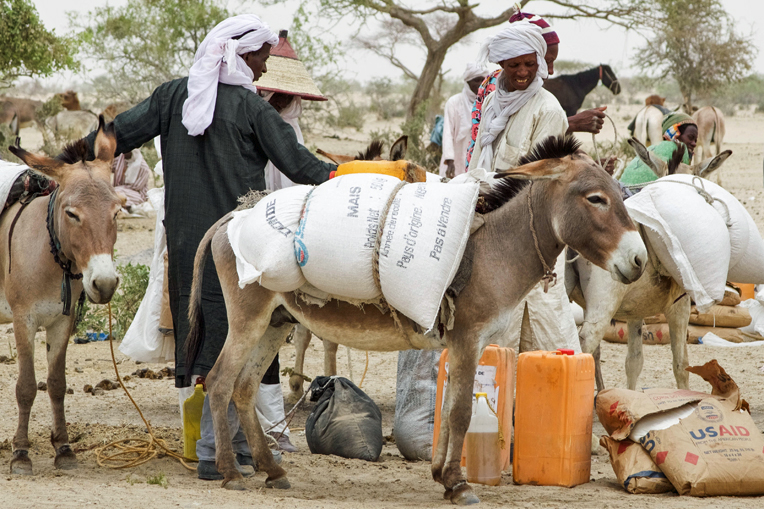
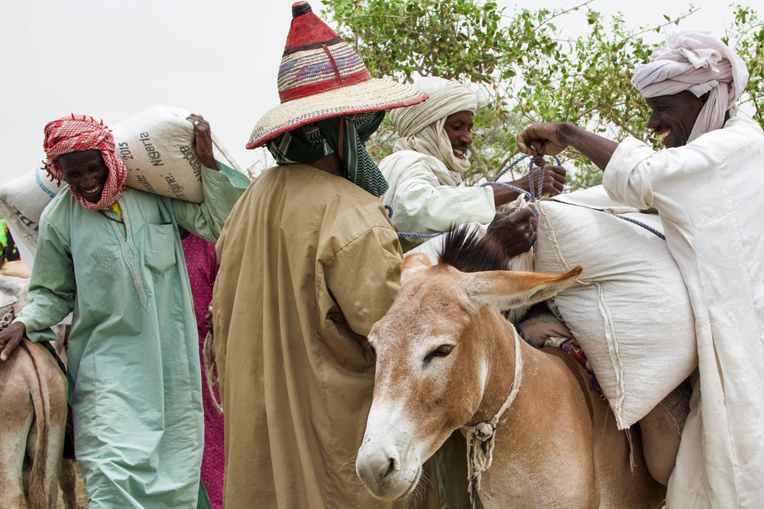 width="764" height="509" class="alignnone size-full wp-image-65442" />
width="764" height="509" class="alignnone size-full wp-image-65442" />